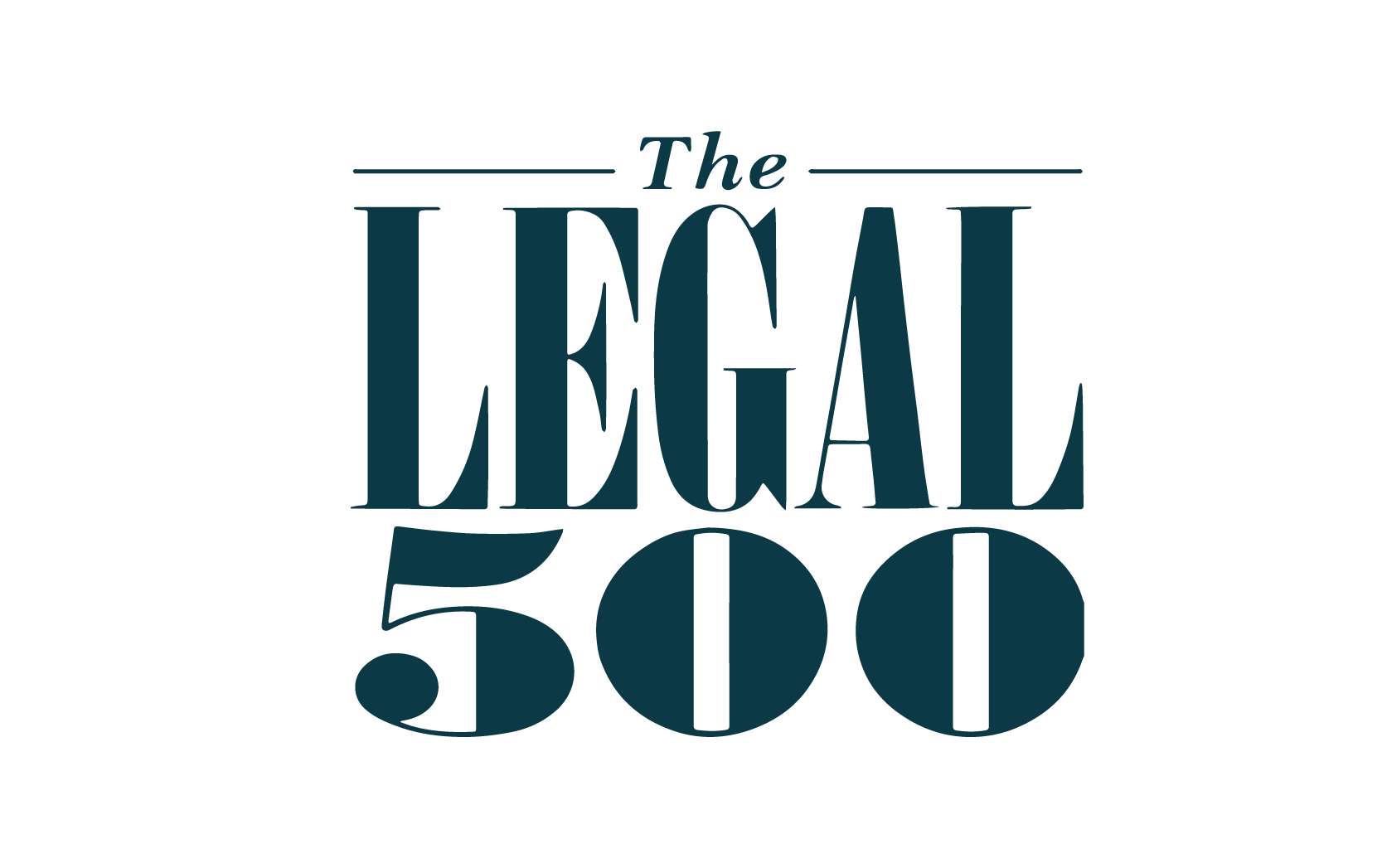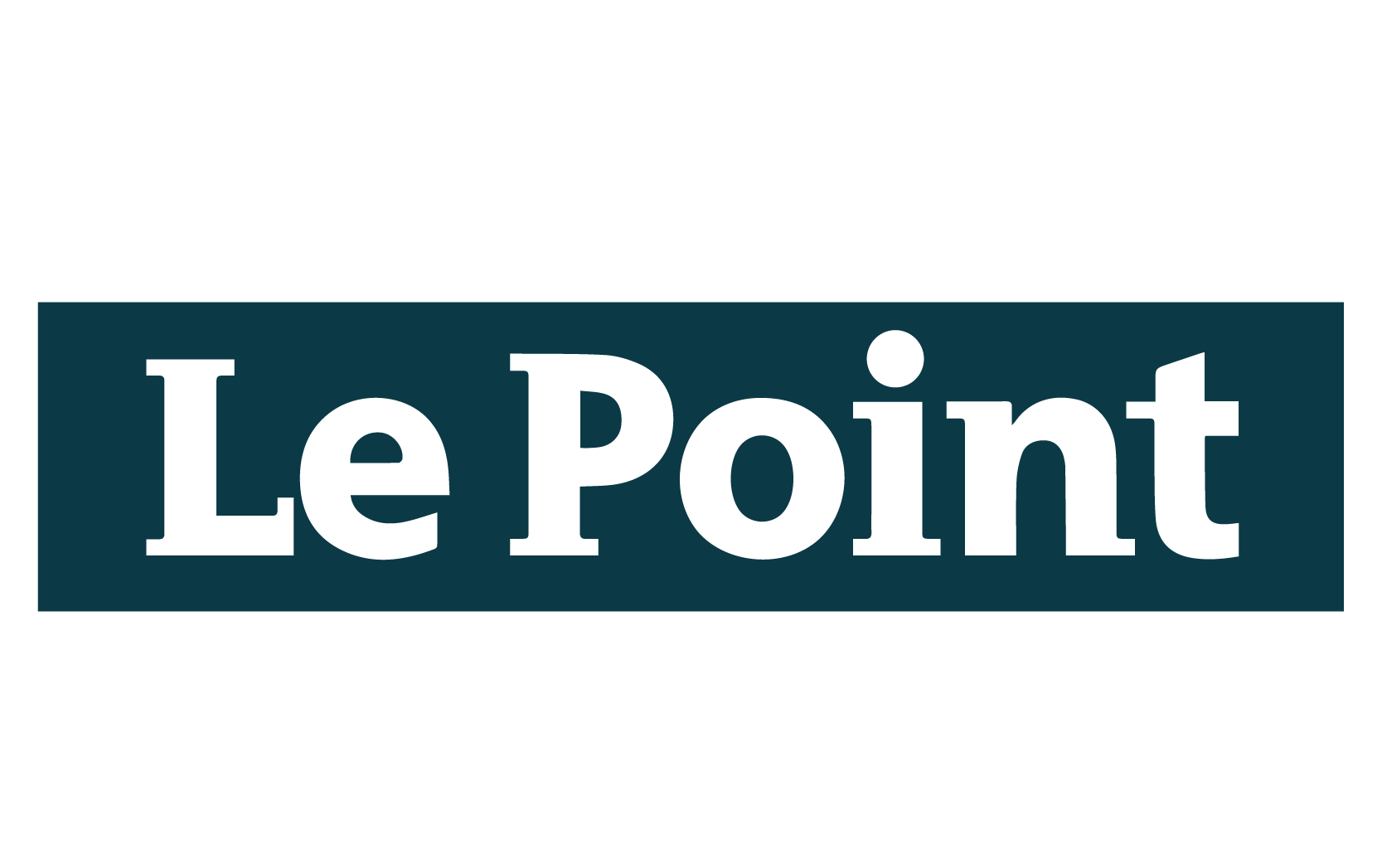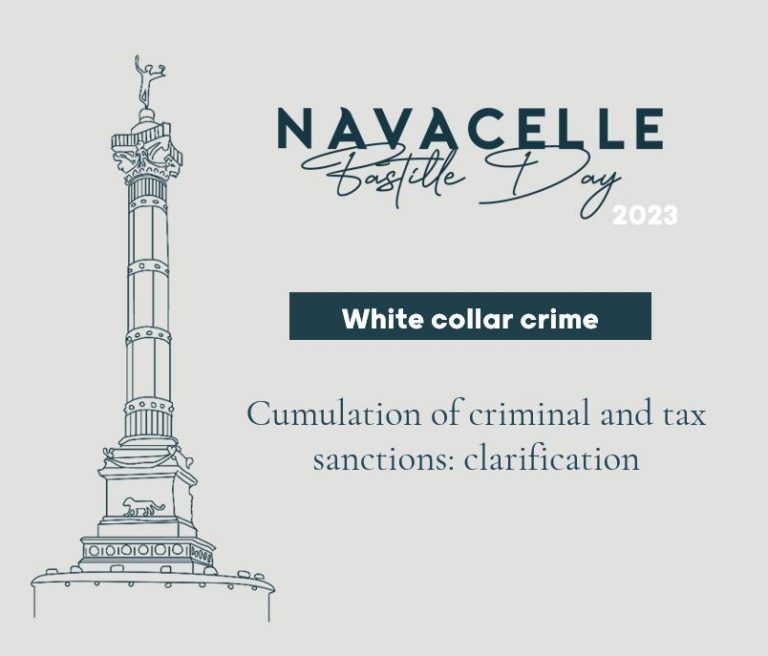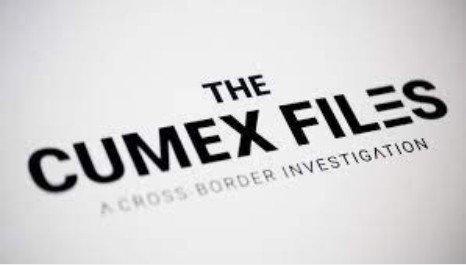Criminal tax law
As the fight against tax fraud has become a priority for public authorities, the development of procedures creates a significant exposure to taxpayers, both legal entities and individuals.
The taxpayer may also be prosecuted for money laundering or concealment of a tax fraud offence from which he or she did not directly benefit.
Criminal prosecutions in tax matters have increased in the last few years, especially after the 2018 reform which partially ended the "Verrou de Bercy", with an increase in the resources given to tax fraud and numerous financial scandals.
Therefore, a company may be subject to simultaneous or consecutive criminal investigations and tax audits and must be able to develop a strategy to deal with both. It must also be able to manage the important reputational risk associated with such a procedure.
Your challenges
Preventing financial, criminal and reputational risks facing the company and its executives.
Conducting economic activity in compliance with tax legislation
In a declaration-based tax system, the taxpayer must comply with all tax and accounting legislation. If it fails to do so, important penal sanctions and heavily increased tax adjustments may be imposed in the event of failure to pay taxes and compulsory levies.
Limiting penal and fiscal risks
The taxpayer needs to know the risks it may face with complex tax schemes, especially during the structuring of major transactions.
Establishing internal procedures to ensure that activities are conducted in accordance with criminal law
The implementation of internal procedures for the prevention of criminal risks is necessary to enable the company to operate safely.
Implement a tax risk management strategy as a preventive measure
The taxpayer can implement various risk prevention and control strategies. Thus, he can choose to transfer his tax risk contractually, by using an external consultant or by inserting clauses in his projects, such as liability guarantee clauses. It can also anticipate any risk by identifying it through a tax compliance review via an audit of its situation.
Reacting to risks of both criminal and fiscal sanctions
The taxpayer must be able to face prosecutions characterized by a potential combination of penal and fiscal procedures: in the most serious cases, the French Supreme Court allows for both fiscal and criminal sanctions to be applied.
Our way
Assisting and defending the company and its executives in the event of criminal proceedings for tax fraud and tax laundering.
The necessary knowledge to evaluate the fiscal risks facing the company
Our team of lawyers is able to carry out an in-depth and personalized assessment of all the criminal risks regarding tax enforcement the company and its directors may be exposed to. We also organize the investigations and answers following an alert from a whistleblower.
Establishing an effective criminal defense strategy in case of criminal prosecution
We assist our client through the different steps of the procedure, before Commission des infractions fiscales or in the event of a transmission to the public prosecutor. We rely on a network of experts to best answer complex tax litigations
Evaluating the usefulness of the several openings towards negotiated justice and cooperation with the authorities
We help in setting up a strategy that accounts for negotiated solutions. It is necessary to understand and evaluate the opportunity of possibilities like right to error, pleading upon preliminary recognition of guilt (CRPC), public interest judiciary convention (CJIP)…
An adequate response to important procedural steps and specific issues of the case
Our team knows how to anticipate and react to events such a perquisitions and domiciliary visits. We prepare the answer to threats of parallel procedures such as prosecutions against executives or accusations of falsifications and fraud.
















